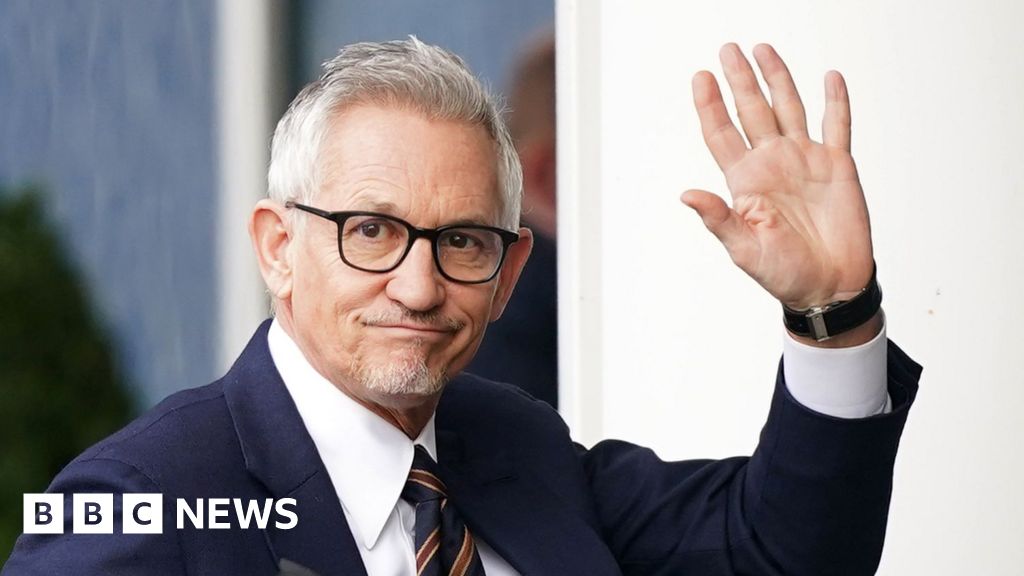Lineker told Esquire magazine in an interview published earlier this month that he accepted he will “have to slow down at some point”.
Dyke also said the BBC is “in difficulties financially”, referring to recent job cuts being made as part of wider BBC efforts to save £700m a year, adding that losing Lineker “would be a saving on a sports budget, which you could use elsewhere”.
Lineker is one of the corporation’s best-known presenters and its highest-paid star, of those whose salaries are declared, earning more than £1.3m a year.
He has also presented coverage of major tournaments like World Cups and European Championships for the BBC, as well as BBC Sports Personality of the Year ceremonies.
Lineker has worked for other sports networks during his time at the BBC, including US network NBC and BT Sport (now TNT Sport).
Alastair Campbell, who co-presents The Rest Is Politics podcast, said Lineker would be “a very hard act to follow”, Sky News reported.
“He is an excellent broadcaster and a very good guy,” Campbell said.
Lineker’s new contract has now been agreed and he will leave on a high at the biggest tournament in world football. But replacing a star presenter on a high profile show is always a risk.
Lineker was briefly suspended by bosses last year after an outcry over his social media post about the UK’s asylum policy.
The incident led to a review of BBC social media guidelines, which concluded that high-profile presenters should be allowed to express views on issues and policies but stop short of political campaigning.
Lineker described the new rules at the time as “all very sensible”.
Before becoming a TV presenter, Lineker had a hugely successful career as a striker for England as well as Leicester, Everton, Tottenham Hotspur and Barcelona.
Additional reporting by Mallory Moench, Katie Razzall and Steven McIntosh.

